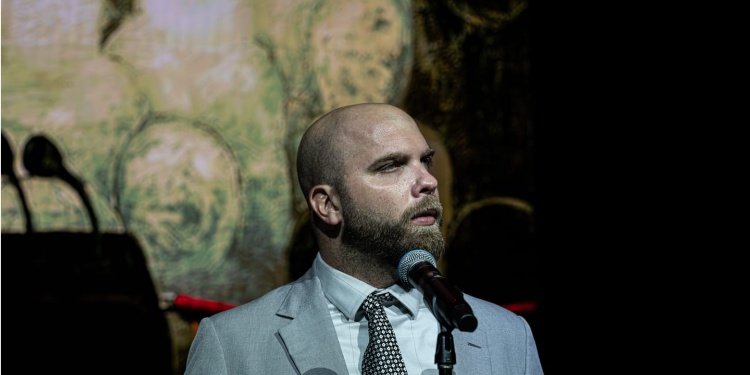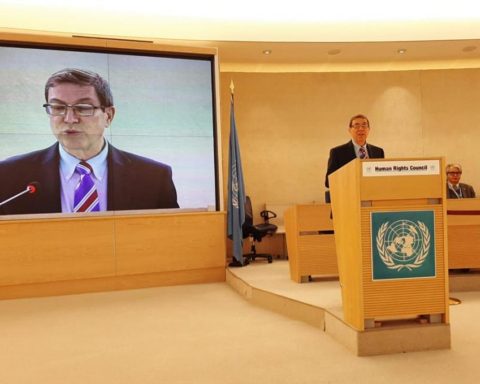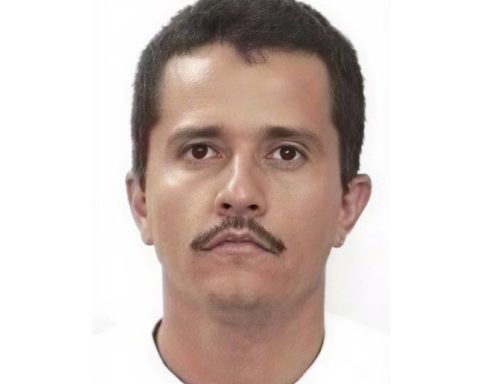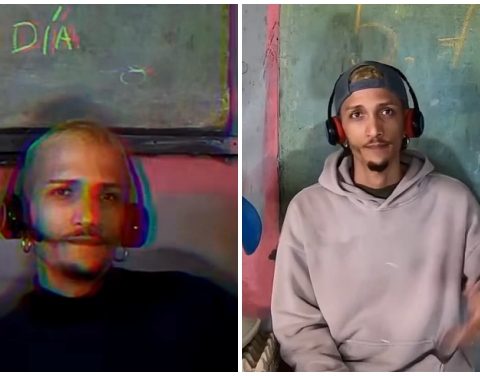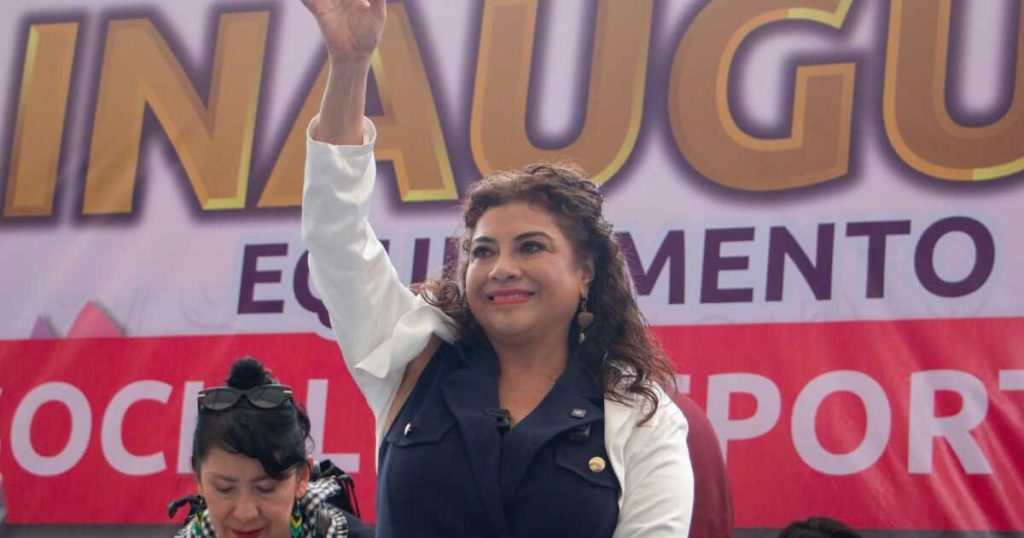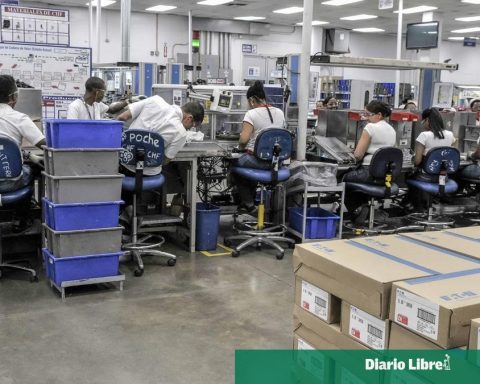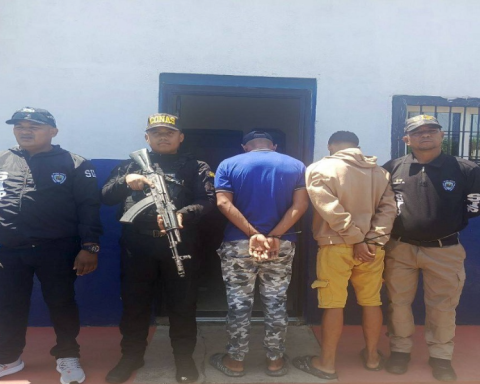MIAMI, Florida – The Arcas Image Theater Group, masterfully led by actress and artistic and executive director Alexa Kuve, has presented the world premiere of the play in Miami Papier machewritten and directed by the notable Cuban playwright Carlos Celdran.
It is a sombre immersion into the mortified conscience of the Cuban artist Antonia Eirizwho died abruptly in 1995, when she was enjoying the happiness of being free in Miami and resuming her heartbreaking way of painting, after having interrupted it, as a consequence of being publicly attacked by one of the Castro “cultural” operations at the end of the sixties.
When she was ousted, Eiriz took refuge in silence, did not paint again, and retired to her house in El Juanelo, where she set up a sort of community academy to teach the art of papier mache.
In 1994, she was very circumspect in summing up the ordeal that her colleagues also endured: “When they made those comments to me that my painting was ‘conflictive,’ I came to believe it. One day I saw all the paintings together for the first time in a long time. I said to myself: this is a painting that expresses the moment in which I live. If a painter can express the moment in which he lives, he is genuine, so I absolved myself.”
Papier mache It is a kind of “Ariadne’s thread” in search of the Eiriz enigma. The artist pays the price of being “ahead of the curve” in the iconographic speculation of horror and in this way Celdrán’s work is expressed, through various interventions of exemplary characters called to unravel unfathomable mysteries of a hazardous life.
Eiriz will have to deal with her victimizer, José Antonio Portuondo, and one of the many Castro accomplices, Raquel Tibol, a famous Mexican art critic of Argentine origin, who recognizes the virtues of the painter’s aesthetics, but criticizes her pessimism and prioritizes the designs of what was then the Castroite hope.
Other voices surround her mythical orbit: the young theater artist who seeks to pay homage to her through a work that does justice to the truth of what happened; the frivolous foreign producer who is not interested in the story of a painter censored for political problems; the boy who identifies with Antonia’s sorrows due to the creative relationship she established with her father; as well as a cultural programmer foreign to Cuban drama with some curiosity, however, about the theater project.
It is paradoxical that, in a story of silence and seclusion, almost monastic, the emphasis of the word prevails in its various expressive meanings.
A simple, colloquial, even loving dialogue takes place between Eiriz, played by Zulema Clares, and the young Héctor, who is taken care of by Ariel Texidó, actors capable of giving us authenticity without barriers.
The painting (A platform for democratic peace) which undermined a substantial part of Antonia’s career, seems to be reproduced on stage when Portuondo, played by Guillermo Cabré, in the manner of revolutionary speakers of all kinds, fiercely attacks the artist.
While the prayers of Raquel Tibol, in charge of Rosalinda Rodríguez, bombastic in her usual cynicism, expand on the commonplaces of a debased intellectual class.
Papier mache It is the vindication of the impeccable artist punished for her lucidity.
Ceremonial of a disturbing past that claimed and continues to lash out at lives and works that are inconvenient for a decadent ideology. The unjust imprisonment of Luis Manuel Otero Alcántara is living proof of the permanence of the evil announced by Eiriz.
José Antonio Portuondo, who was in charge of delivering the diatribe against the artist, was the same one who directed the public self-incrimination of Heberto Padilla.
In Out of the gamea masterful and cursed book, Heberto Padilla dedicates a poetic tribute to the artist that recapitulates, to a large extent, some records of the return of her legendary figure in the new work of Carlos Celdrán:
“This woman does not paint pictures / so that we can say: ‘What strange things come out of the painter’s head!’ / She is a woman with enormous eyes. / With these eyes any woman could disfigure the world if she wanted to. / But those faces emerge as if from under a punch, / those twisted lips / that do not even cover the pity of a stain, / those strokes that suddenly appear / like old rascals; / in reality they would not exist / if each one of us did not put them daily / in Antonia Eiriz’s wallet.”
Papier mache can be seen at the Westchester Cultural Arts Center in Miami on the following days: 4, 8, 9, 10, 1, at 8:30 pm Tickets can be purchased here.
Follow our channel WhatsApp. Receive the information from CubaNet on your cell phone through Telegram.
